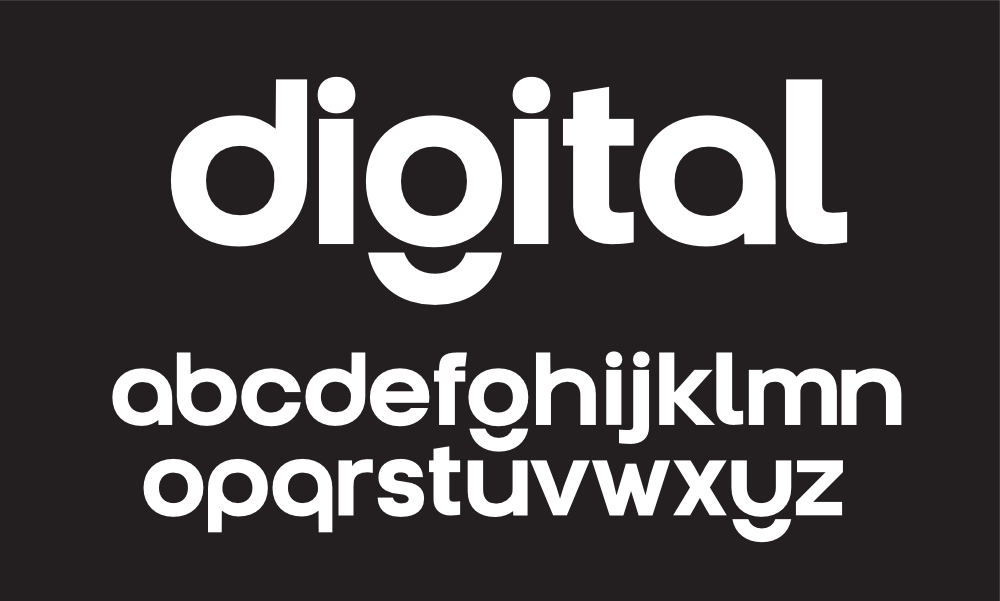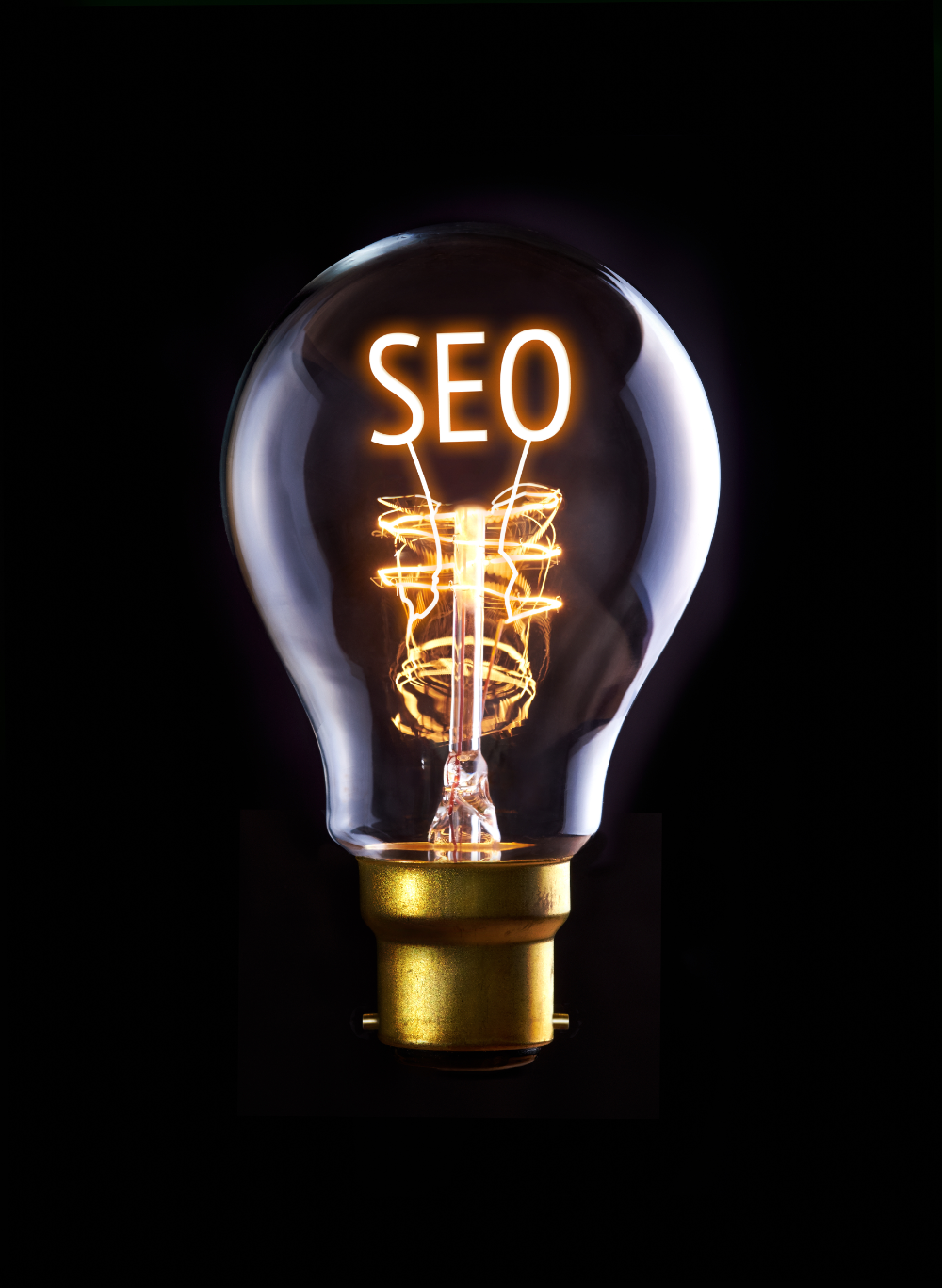7 Pages You Need to Have on Your Small Business Website
You have bought your domain, logo and might have even hired your website designer – but once you have all of this, the next most common question about owning a website is: how many, and what pages does my website need? The truth is that every business is different, and some will need more, and others will need less. Small business owners looking to improve their SEO will need more pages than those not, but quality needs to be prioritised quantity. This blog will outline the top 7 pages you need on your website and explain why. Read on to find out more!
[lwptoc]

Homepage
Probably one of the most used pages on your website, no matter where people land on your website, they will almost always end up on your homepage at some point. It can be tempting to overload your homepage with information and links. However, keeping it simple and flowing is much more effective.
You need to ensure that your homepage has:
- Short description about your business
- Details of what it is your business does
- Eye-catching images and headlines
- Calls to action to other parts of your website
About Page
People buy from people, and they are subconsciously drawn to businesses that align with their core values. Having an about page allows you to show off your business personality further and enable things like “meet the team” so that people can get to know a little about the team behind the brand. If they do not already know your brand, most website visitors will visit your about page to gather more information, so having the correct information on here builds brand trust.
What to include on your about page:
- Company details
- Where to find you
- Meet the people/team
- Any awards or achievements
- Brand ethos

Services/Products
How will people know what you offer or sell if they cannot find it on your website? This is the place to tell the public what you provide and how it differentiates from your competitors. It is better to have one primary services page than a separate landing page for each service you provide from an SEO perspective and ensure they all link back to one another.
Similarly, it is best to have a main shop front page, then categories and product pages for your products. Try not to overcomplicate the eCommerce side of the business; users don’t like to be led down rabbit holes and not find their way back. As a good rule of thumb, everything on your site should be no more than three clicks away from any given point.
Testimonials / Reviews
One of the most significant selling factors any business has in its arsenal is customer feedback. Social proof is one of the best marketing tools you can use to help show potential customers that you are a reputable firm and convert more visitors to your website into customers.
Reviews should also be placed on services/product pages if relevant, but selecting them on a dedicated page helps marketing and SEO. Try to remember if they are on a dedicated page to change them often. About four times a year should be enough to replace outdated ones with fresh new ones.
Blog
Having a blog on your website will help your website rank higher in Google and help convey your brand message. A regularly updated blog can boost your business, but it needs to be consistent, relevant, and regular, like with all aspects of your online presence.
Your blog should not be about sales, i:e do not use your blog to sell, sell, sell. Provide the readers with insights into your business and industry and allow your business personality to shine through.
Having a blog boosts your SEO, too, as your website will rank for more keyword terms than usual, so investment in a blog page is a win-win situation for all small business owners.
Contact Page
One of the biggest failures for most business websites is that they do not have a contact page, or when they do, they do not provide enough means for customers to contact them. “Be where your customers are” is an old marketing term, but also added to that you should also allow customers to contact you the way they want to, so having:
- Social media links
- Contact forms
- Clickable phone numbers
- Clickable email address
- WhatsApp / Messenger features
- Address details – and a map!
All of the above will give your customers a choice in how they contact you on their terms and how they feel most comfortable doing so.
Privacy Policy Page
A legal requirement is to collect any form of data from your website users, from cookies to contact details. You can buy a template for your website, which will cover most things; the ICO also provides a template to enable you to be compliant. However, it is worth speaking to a Privacy firm or consultant if you collect more than contact details or have specialist cookies on your site to ensure you are 100% compliant.
In Summary
When adding pages to your website, it is essential to remember that quality trumps quantity every time. Some companies will tell you to keep adding new pages and create lots of them, in some cases 300+, but this only leads to user frustration and ultimately will drive a wedge between you and your customer base.
One major factor to keep in mind is that nothing on your website should be any more than three clicks to find, from anywhere on your website, not just the homepage. In today’s cluttered marketing space, more and more companies are fighting for viewers attention, so the harder you make it for them to find something – the more your competitors will win them over.
Need further advice? Get in touch with us here at Morgan Branding we have a fully dedicated team ready to help you and your business get ahead online. You can get in touch via our contact page or get social with us on Facebook, Twitter, Instagram or LinkedIn!
What we can do to help you:
More From The Morgan Branding Blog
How to Write the Perfect Blog Post
Perfecting Your Blog Posts For Sucess If you use content marketing to get more inbound leads for your business and are crafting blog posts that will help with this, it can be hard to get things started sometimes and disheartening if your efforts are not rewarded. This...
How to Select the Best Font for Your Website
Our Guide To Website Fonts There are a million and one things to think about when building a website, and it's often the little details that slip your mind. Like with most things, the tiny details can make significant impacts! Fonts are probably one of the most...
What Is an SSL Certificate and Do I Need One?
Everything You Need to Know About SSL Certificates Security should be the number one priority for any website owner, and it starts with your hosting and SSL certificate, but what exactly is an SSL certificate, and why do you need one? This blog will give you...
3 Ways To Improve Your Website’s Usability
3 Tips On How To Improve Your Website's Usability How easily people can use your business website and navigate around it is critical to its success. The easier it is to use and more accessible it is for website visitors to find what they are looking for, the higher...
Top 5 Benefits of Auditing Your Content
Our Guide To Auditing Your Website Content Content is king when marketing your business online and helps your business connect with your target audience. Checking it regularly to ensure it is still fit for purpose is critical to know if it is doing its job....
The Benefits of Using Abandoned Cart Emails
The Who The What & The Why of Abandoned Cart Emails Ecommerce is here to stay, and enticing customers to use your online store over one of your competitors can be a tricky affair! Getting potential customers to your website is only half of the battle;...
Why Good Web Design Matters
Why It Is Worth Investing in a Well Designed Website It is 2022 and if your business does not have a website then you are pretty much excluding most of your potential customer base, but simply just "having" a website is not enough. Small business owners are faced...
Should My Business Be On Tiktok?
Should My Business Be On Tiktok? TikTok has taken the world by storm. It has quickly shown itself to be one of the most popular social media platforms to exist. Since 2016, TikTok has gone on to amass some 1 billion monthly active users and has allowed exposure that...
The 7 Best Free SEO Tools You Can Use
The 7 Best Free SEO Tools You Can Use for Your Small Business Website If you want your business website to be found in any search engine results pages for anything OTHER than your business name you need to optimise it for SEO. Not every business can afford a...









